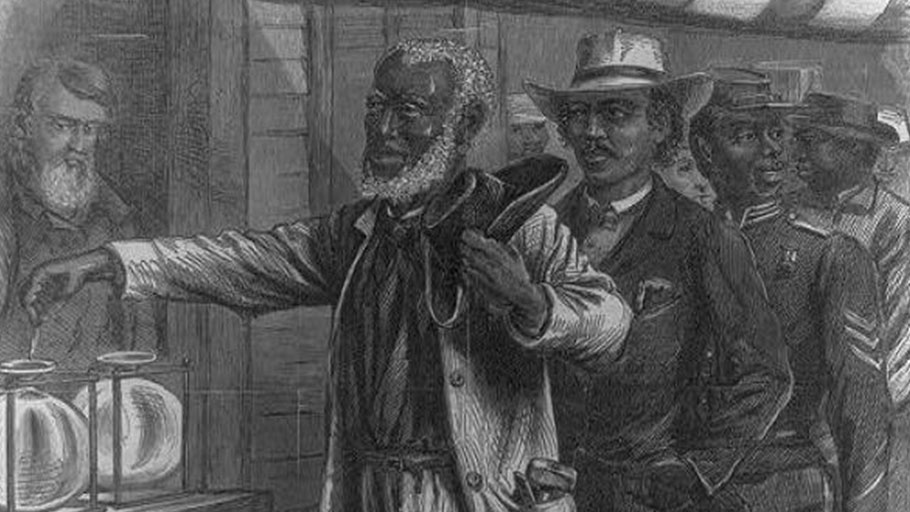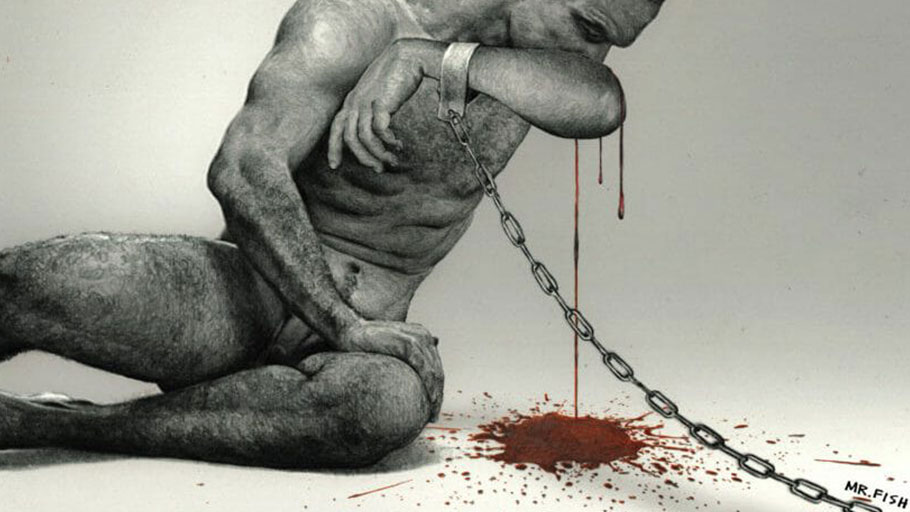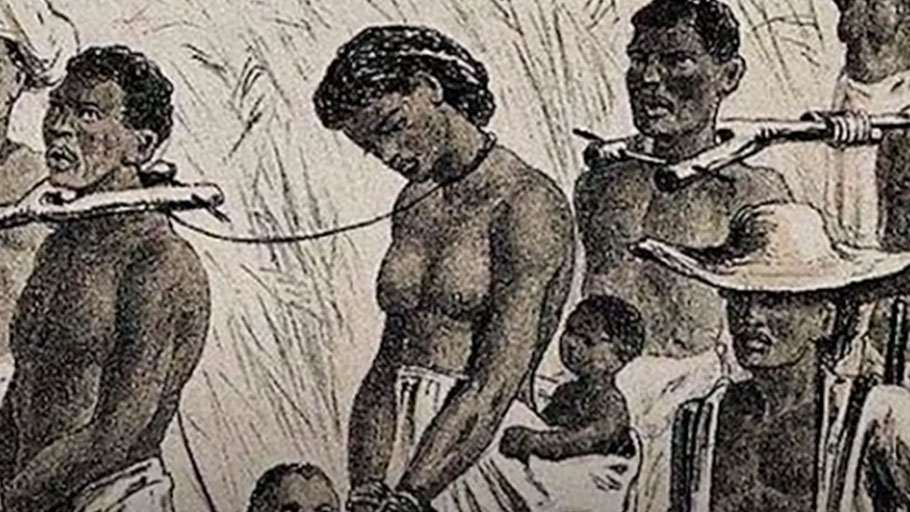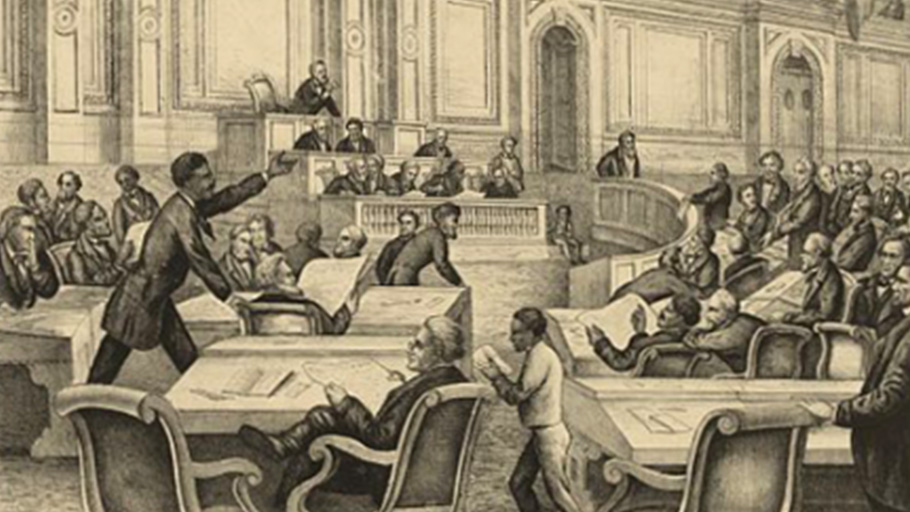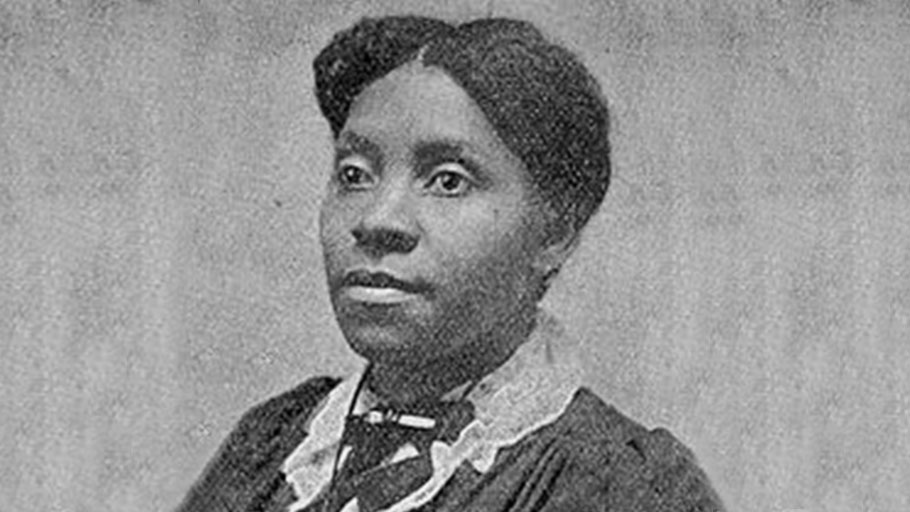
The justices again appear poised to pursue a purely theoretical liberty at the expense of the lives of people of color. By Adam Serwer, The Atlantic — When the Louisiana State Militia finally arrived at the Colfax courthouse on April 15, 1873, all it could do was bury the bodies. Two days earlier, a large force of white supremacists had taken control of the courthouse from the mostly black faction…

